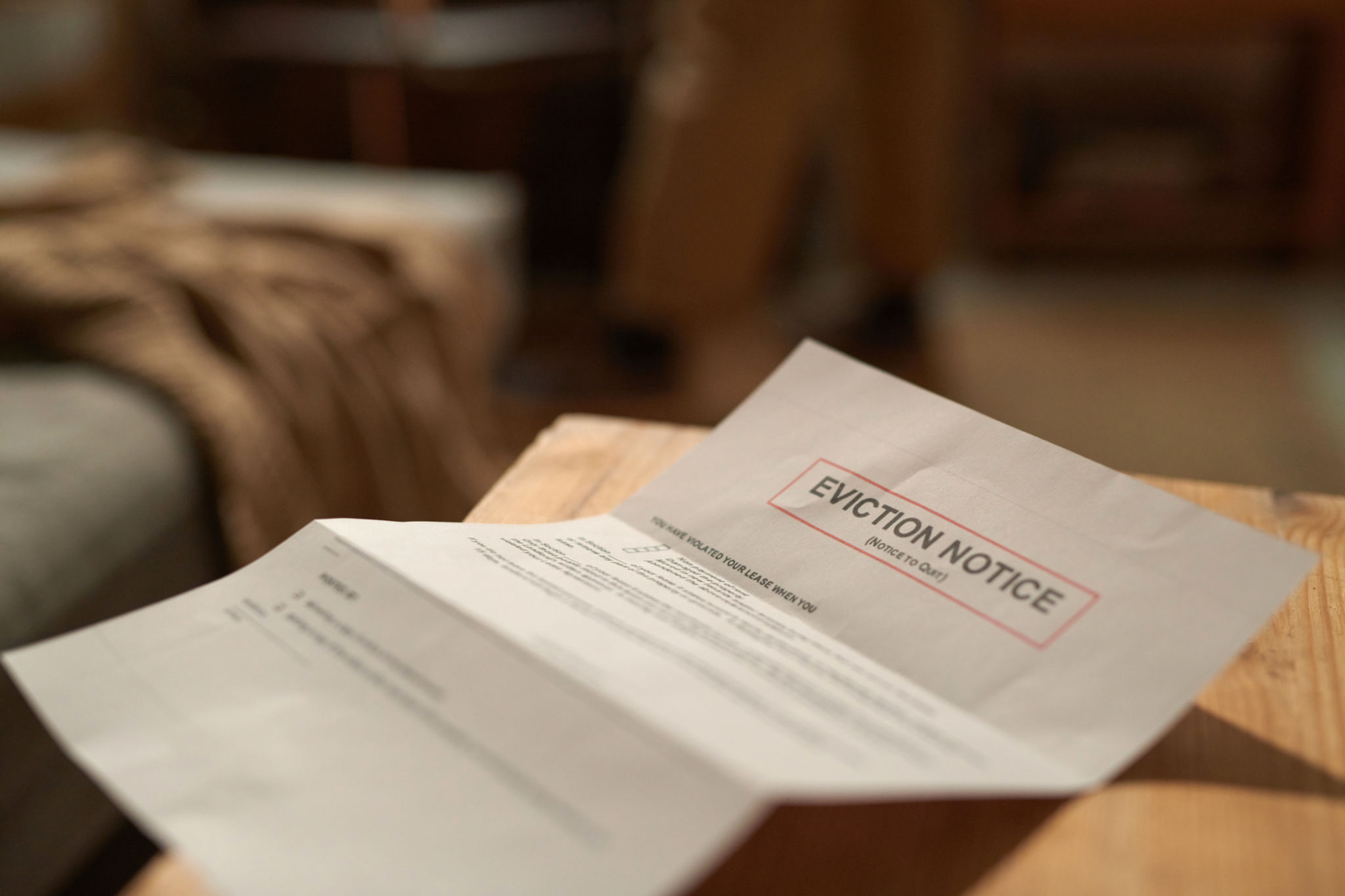Eviction vs. Mediation: How to Choose the Right Path in Portland
Understanding Eviction in Portland
In Portland, eviction is a legal process where a landlord removes a tenant from a rental property. While sometimes necessary, eviction can be a lengthy, stressful, and costly procedure for both parties. Oregon law requires landlords to follow specific legal steps, and tenants are entitled to certain rights and protections. Before pursuing eviction, it's crucial to understand the legal landscape and potential repercussions.

The eviction process typically begins with a notice, which can vary from a 72-hour notice for nonpayment of rent to a 90-day notice in some no-cause situations. If the tenant does not comply, the landlord may file an eviction lawsuit. This can lead to court hearings and further legal actions, which can be a burden to all involved.
The Benefits of Mediation
Mediation offers an alternative to eviction that can benefit both landlords and tenants. Mediation involves a neutral third party who facilitates discussion and negotiation, helping the parties reach a mutually agreeable solution. This approach can resolve disputes more amicably and quickly than going through the court system.
Some advantages of mediation include reduced legal costs, preservation of the landlord-tenant relationship, and the potential for creative solutions that meet both parties' needs. In Portland, various organizations offer mediation services, making it an accessible option for those seeking resolution.

When to Choose Mediation Over Eviction
Deciding between eviction and mediation depends on the specific circumstances of each case. Mediation may be a better choice if the tenant is willing to communicate and negotiate or if the dispute involves misunderstandings or minor lease violations. It's also worth considering if preserving the landlord-tenant relationship is important or if eviction costs are prohibitive.
On the other hand, eviction might be necessary if the tenant consistently violates lease terms, engages in illegal activities, or refuses to participate in mediation. In such cases, legal action may be the only way to regain control of the property.
Steps to Initiate Mediation
If you decide that mediation is the right path, there are several steps to take. First, both parties must agree to participate in mediation voluntarily. Next, choose a qualified mediator or mediation service in Portland. Many local organizations specialize in housing disputes and can provide guidance throughout the process.
- Contact a mediation service to schedule a session.
- Prepare for mediation by gathering relevant documents and considering possible solutions.
- Participate in the mediation session with an open mind and willingness to negotiate.
- Reach an agreement that satisfies both parties and put it in writing.

The Importance of Communication
Effective communication is vital when navigating disputes between landlords and tenants. Open dialogue can prevent misunderstandings and lead to more amicable solutions. Whether you choose eviction or mediation, maintaining respectful communication can ease tensions and foster better outcomes.
In conclusion, choosing between eviction and mediation in Portland requires careful consideration of the situation's specifics. While eviction might seem like a straightforward solution, mediation can offer a more collaborative and less adversarial approach, potentially saving time, money, and relationships.